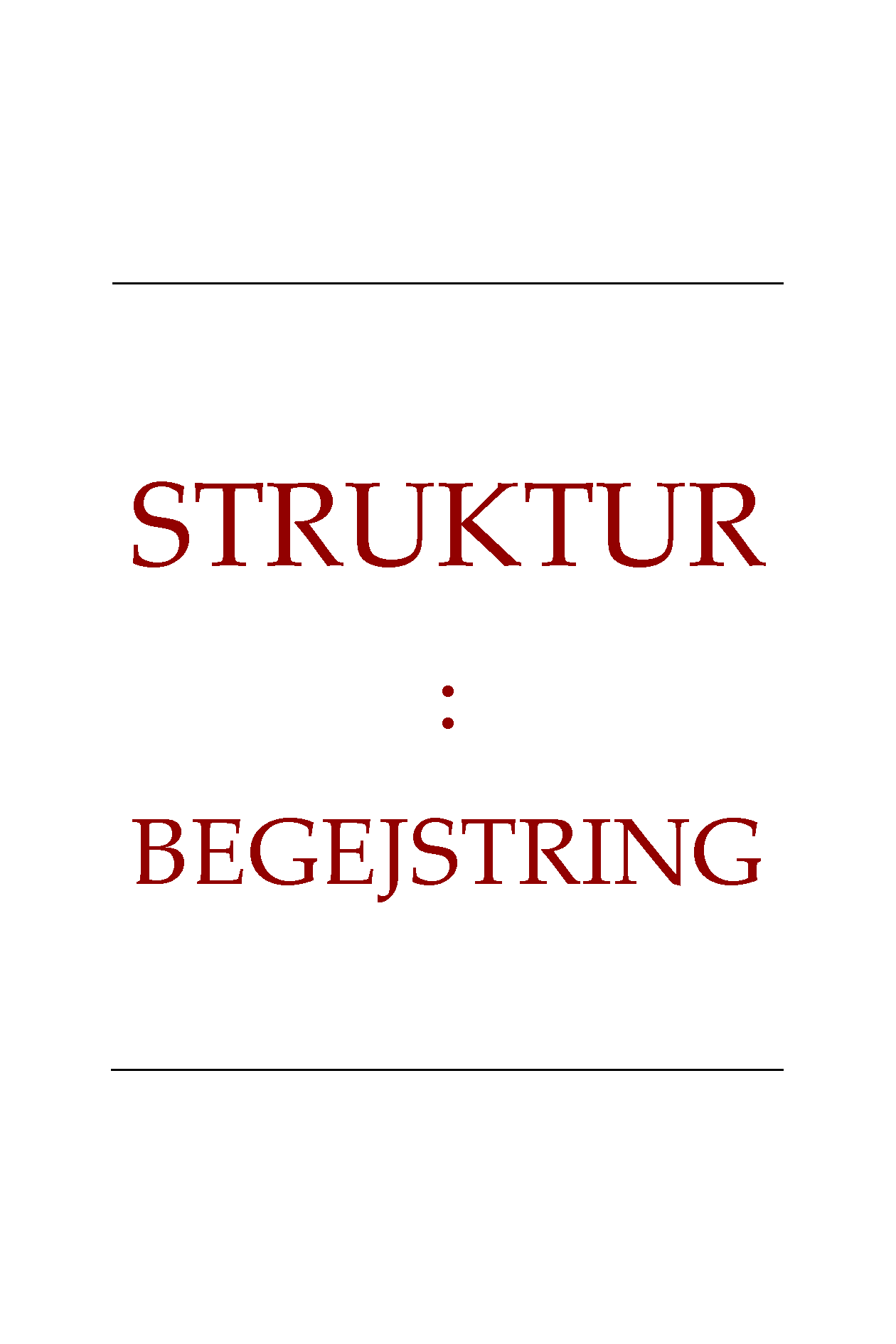Gaudeo quia dedisti – om glæde i israelitisk og tidlig jødisk religion
DOI:
https://doi.org/10.7146/rvs.v1i.132814Nøgleord:
Joy, biblical and early Jewish texts, cultic sacrifices, do quia dedistiResumé
Dette kapitel analyserer forekomster af ‘glæde’ śimḥâ (שִׂמְחָה) og ‘at glæde sig’, jf. verbalroden śāmaḥ (שָׂמַח) i bibelske og tidligt jødiske tekster med det formål at reflektere over aspekter i glædens religionshistoriske udvikling. Baseret på elektroniske søgninger på glæde/roden שמח, inklusive afledninger, har jeg udvalgt forekomster, der vedrører religiøs glæde og grupperet dem ud fra konteksterne: Visdom, myte og ritualiserede handlinger. Kapitlet konkluderer at glæde især i kontekst af ritualiserede handlinger først supplerer den kultiske ofring, men siden i en bevægelse fra velsignelsesreligion til frelsesreligion overtager den kultiske ofrings funktion i forhold til at markere en ihukommelse af eller en tillid til gudens indgriben, hvorfor glæden løftes med ind i ordgudstjenesten. Analysen indebærer, at jeg føjer argumenter til Hans Jørgen Lundager Jensens idé om at erstatte udtrykket “do ut des” (jeg giver, for at du må give) med udtrykket “do quia dedisti” (jeg giver, fordi du har givet) i hvert fald i israelitisk-tidlig jødisk kontekst til beskrivelse af glædens funktion som det at udtrykke taknemmelighed over noget perfektivt, nemlig at guden har eller vil have givet.
Downloads
Publiceret
Nummer
Sektion
Licens
Copyright tilhører forfatteren/forfatterne; copyright belongs to the author/the authors




